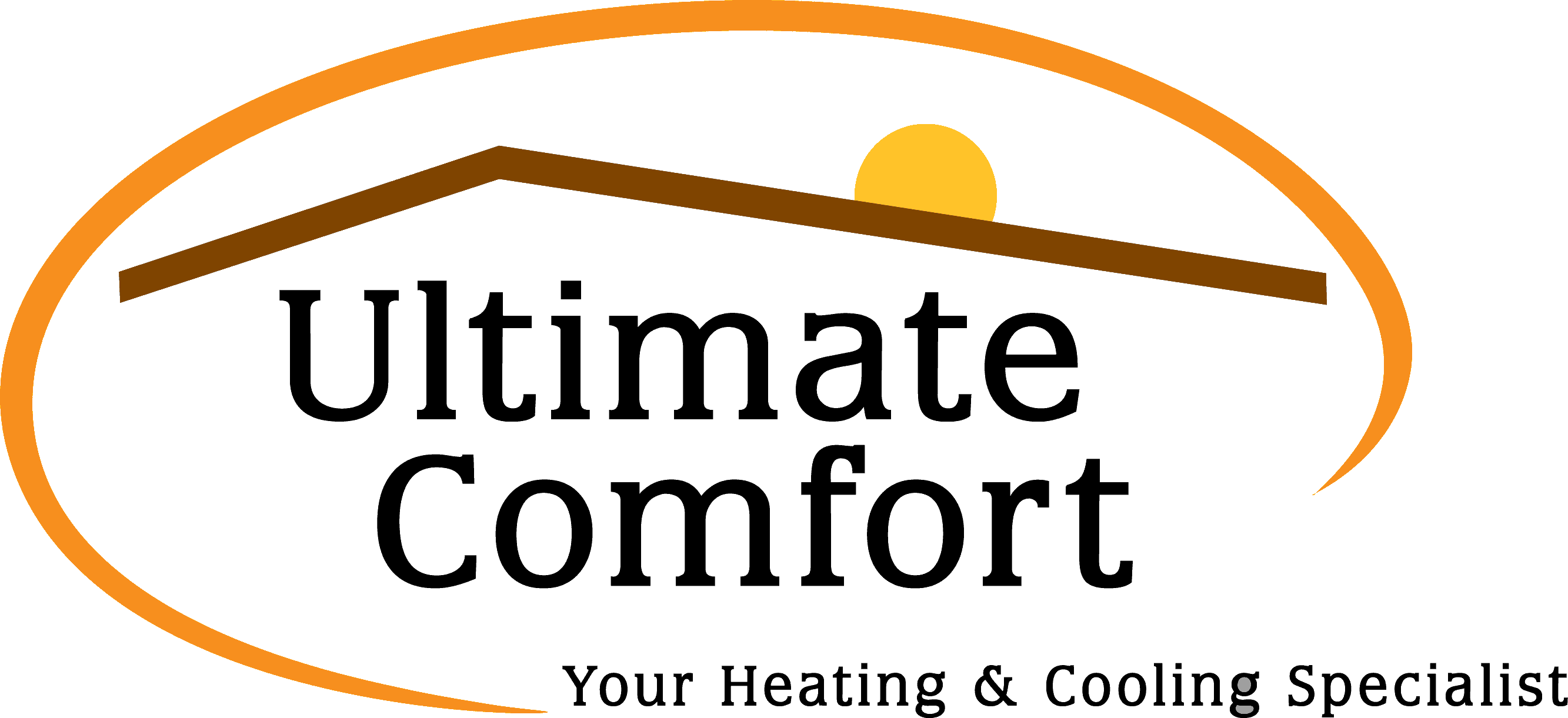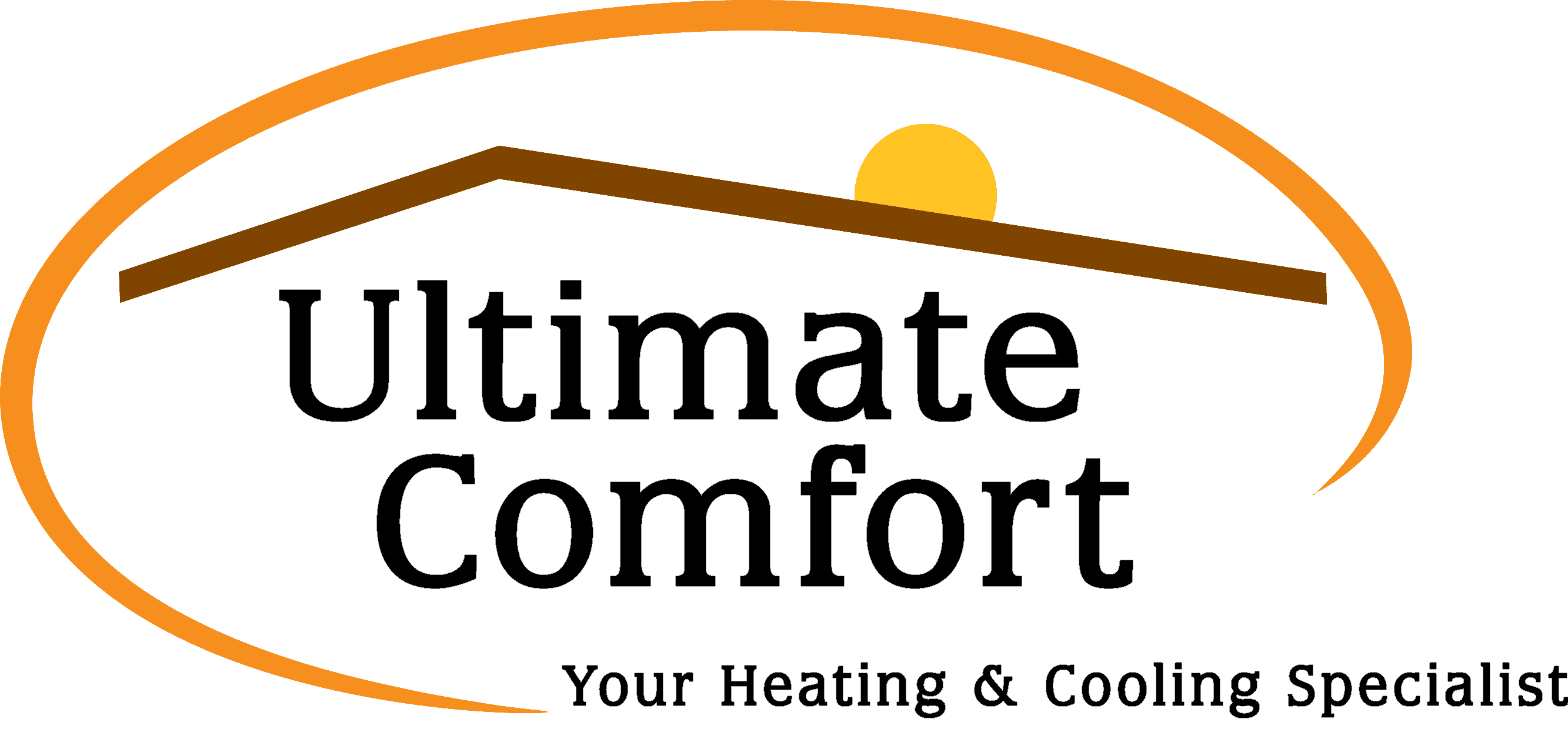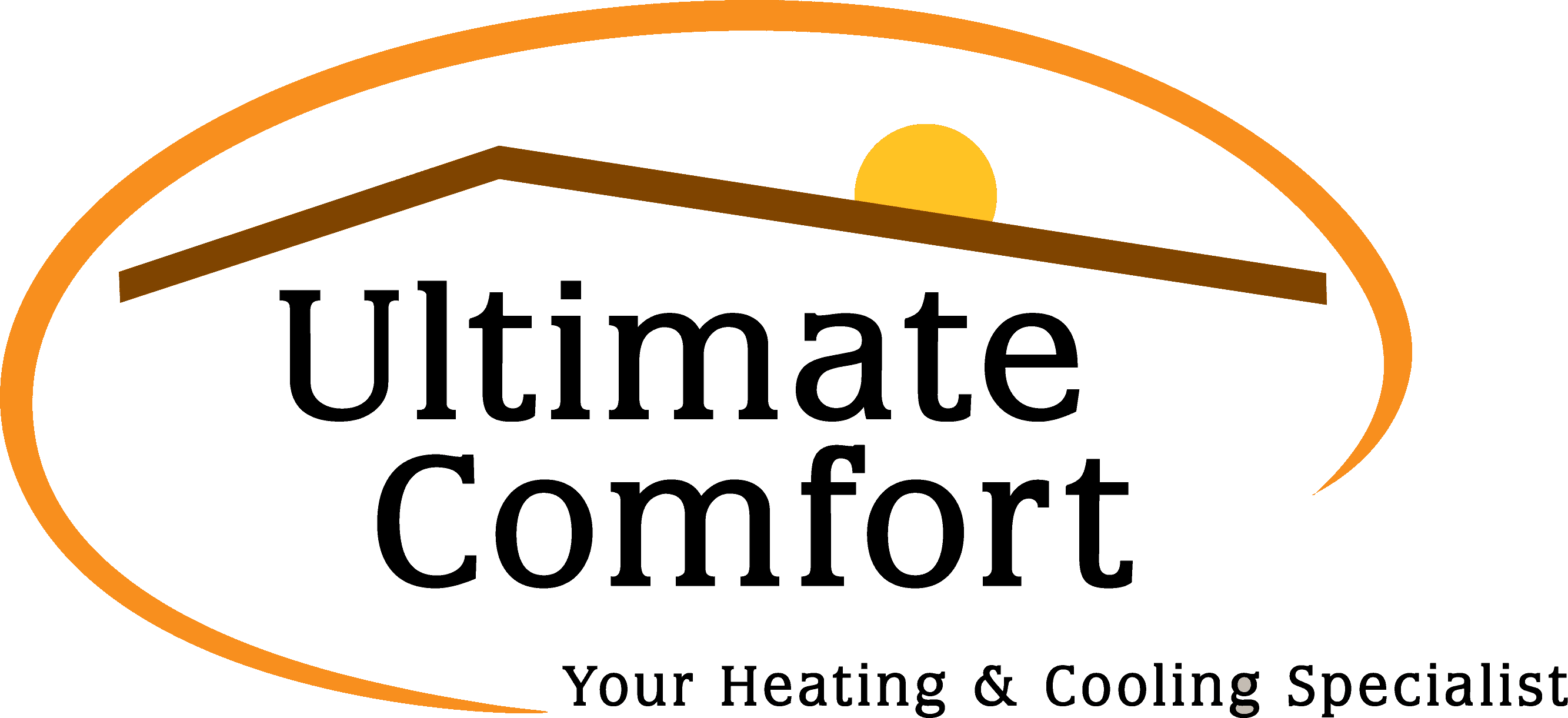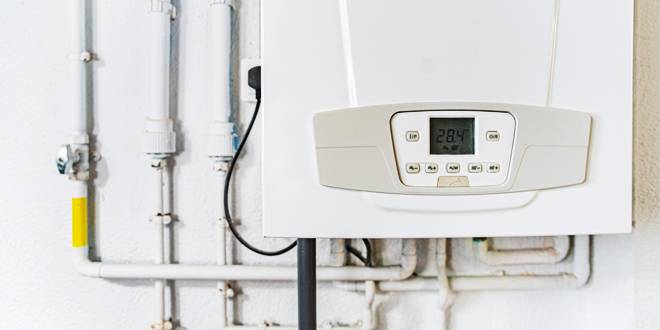
In Portland, OR, where the weather can swing from crisp, cold winters to warm summers, having a reliable water heater is not just a luxury—it’s a necessity. Home and business owners alike understand the importance of a dependable water heater for comfort, hygiene, and daily convenience. This guide will navigate you through everything you need to know about residential water heaters.
Understanding Residential Water Heaters
Types of Water Heaters
Traditional Tank Water Heaters: These are the most common types, storing and heating water in a tank. They can run on electricity, natural gas, propane, or oil.
Tankless Water Heaters: Also known as on-demand water heaters, they heat water directly without the use of a storage tank.
Heat Pump Water Heaters: These move heat from one place to another instead of generating heat directly for providing hot water.
Solar Water Heaters: Utilizing solar panels installed on the roof, these systems convert sunlight into heat to warm water.
Condensing Water Heaters: Ideal for homes that use natural gas as a primary energy source, these heaters utilize gas fumes to heat water.
Capacity and Sizing
Choosing the right size is crucial. For tank water heaters, the capacity is measured in gallons, while tankless water heaters are measured by the flow rate (gallons per minute). The right size depends on the number of occupants and simultaneous water needs.
Energy Efficiency
Energy efficiency is a key factor in choosing a water heater. Look for the Energy Star label and understand the unit’s energy factor (EF) rating. Higher EF ratings indicate a more efficient water heater, leading to potential savings on utility bills.
Installation and Maintenance
Professional Installation
Water heater installation is complex and requires professional expertise, especially for ensuring compliance with local codes and safety standards. Ultimate Comfort provides expert installation services, ensuring your water heater is set up for optimal performance.
Regular Maintenance: Ensuring Longevity and Efficiency
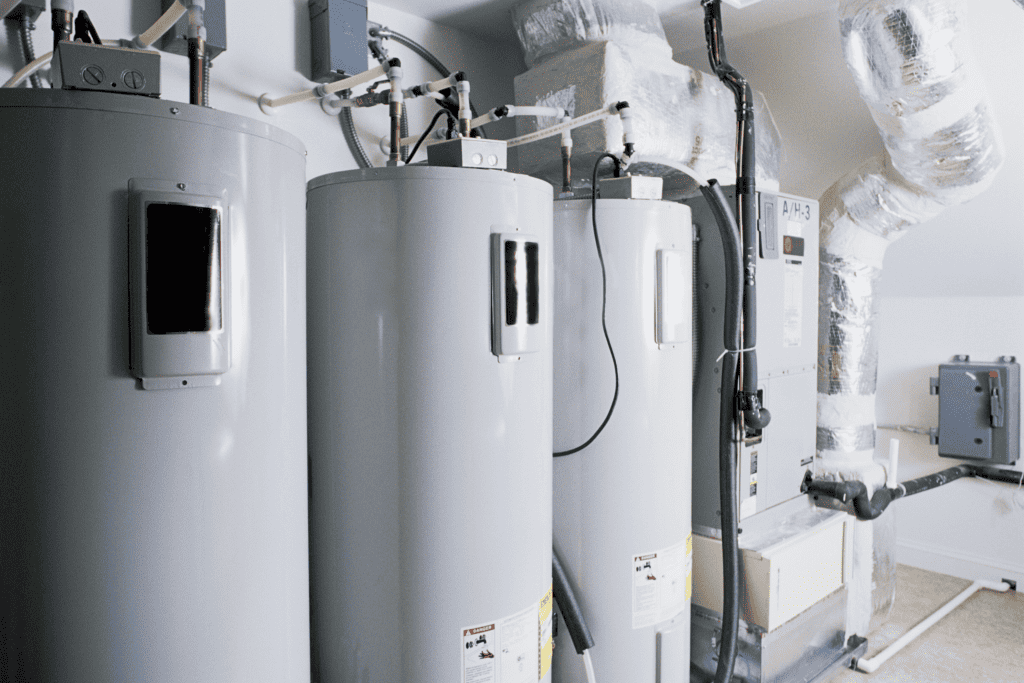
Regular maintenance is the cornerstone of a water heater’s longevity and efficient operation. By adhering to a consistent maintenance schedule, homeowners can significantly extend the lifespan of their water heater, enhance its efficiency, and minimize the risk of unexpected breakdowns. Here’s a deeper dive into the essential maintenance tasks that should not be overlooked:
Flushing the Tank to Remove Sediment
Over time, water heaters, especially traditional tank models, can accumulate sediment at the bottom of the tank. This sediment is primarily made up of minerals like calcium and magnesium, which are naturally present in water. When sediment builds up, it can insulate the water from the heater’s burner or elements, making the system work harder to heat the water, thus reducing efficiency and increasing energy costs. In extreme cases, sediment buildup can lead to tank corrosion and leaks.
How to Flush: Annually draining and flushing the tank can prevent sediment buildup. This process involves turning off the power supply (electricity or gas), attaching a hose to the tank’s drain valve, and letting the water flow out until it’s clear. For homes with hard water, more frequent flushing may be necessary.
Checking the Anode Rod
The anode rod is a crucial component designed to protect the tank from corrosion. Made from magnesium, aluminum, or zinc, this rod sacrifices itself to corrode in place of the tank. Over time, the anode rod wears down and can no longer protect the tank, leading to rust and leaks.
Inspection and Replacement: Checking the anode rod at least once every two years—or annually if you have hard water—is recommended. If the rod is significantly corroded (more than half its thickness worn away), it’s time for a replacement. This simple step can dramatically extend the life of your water heater.
Inspecting the System for Leaks or Corrosion
Leaks and corrosion can be the death knell for water heaters, leading to water damage in your home and the potential for a complete system failure. Regular inspections can catch these issues early, preventing more significant problems down the line.
What to Look For: Check around the base of the tank, the inlet and outlet connections, and the pressure relief valve for signs of moisture or corrosion. Even small drips can indicate a problem that requires attention. Corrosion around fittings or on the tank itself can be a sign that the water heater is nearing the end of its useful life and may need to be replaced.
Additional Maintenance Tips
Test the Pressure Relief Valve: This safety device prevents your water heater from operating under too much pressure. Testing it annually by lifting the valve’s handle and letting it snap back should release a burst of water into the overflow drain pipe. If it doesn’t, the valve may need to be replaced.
Adjust the Temperature: Setting the temperature to 120°F can reduce energy consumption and prevent scalding. This adjustment can also slow mineral buildup and corrosion in the water heater and pipes.
Insulate Older Units: For older water heaters, insulating the tank and the first few feet of the hot and cold water pipes can reduce heat loss, saving energy and money. However, newer models typically come pre-insulated.
Common Water Heater Problems and Solutions
Water heaters are generally reliable, but like any appliance, they can encounter issues over time. Understanding the common problems and their solutions can help you address issues promptly, ensuring your water heater continues to provide hot water when you need it. Here’s a more detailed look at some typical water heater problems and how to solve them.
No Hot Water
The absence of hot water is a clear sign something is amiss with your water heater. The cause and solution depend on whether you have an electric or gas water heater.
Electric Water Heaters: A lack of hot water often points to a faulty heating element. Electric water heaters typically have two heating elements, and if one or both fail, the water won’t heat properly. Resetting the heater’s circuit breaker can sometimes resolve the issue, but if it persists, the heating elements may need testing with a multimeter and replacing if found to be defective.
Gas Water Heaters: For gas models, no hot water might indicate a malfunctioning gas valve or pilot light issues. First, check if the pilot light is out and try relighting it according to the manufacturer’s instructions. If the pilot won’t stay lit or there’s no gas flow, the gas valve may be at fault and require replacement.
Leaking Water Heater
Leaks can significantly impact your water heater’s performance and cause damage to your home.
Corroded Tank: Over time, the water tank can corrode, leading to leaks. This issue often signifies the water heater has reached the end of its lifespan and needs replacing.
Loose Connections: Check all inlet and outlet connections. If they’re loose, tightening them might stop the leak. However, ensure not to overtighten, as this can cause further damage.
Faulty Pressure Relief Valve: This valve releases water if the pressure or temperature inside the tank gets too high. If it’s leaking, it could be due to excessive pressure or a malfunction. Testing the valve and reducing the tank’s temperature might help, but if the valve is faulty, it needs replacing.
Inconsistent Water Temperature
Fluctuating water temperatures can be frustrating and are usually indicative of a few potential issues.
Malfunctioning Thermostat: A thermostat that doesn’t accurately gauge the water temperature can lead to inconsistent heating. For electric heaters, this might mean replacing the thermostat. For gas models, the control valve might be the culprit.
Sediment Buildup: Sediment at the bottom of the tank can insulate the water from the heater’s burner or elements, leading to inadequate heating. Flushing the tank annually can prevent this buildup and maintain consistent water temperatures.
Undersized Water Heater: If your water heater is too small for your household’s needs, it may not be able to keep up, resulting in fluctuating temperatures. Assessing your household’s hot water usage and considering an upgrade to a larger unit or a tankless water heater might be necessary.
Choosing the Right Water Heater for Your Home
Consider your home’s energy source, your hot water needs, and your budget. Tankless water heaters, while more expensive upfront, can offer long-term savings and endless hot water supply. Solar and heat pump water heaters are excellent for eco-conscious homeowners looking to minimize their carbon footprint.
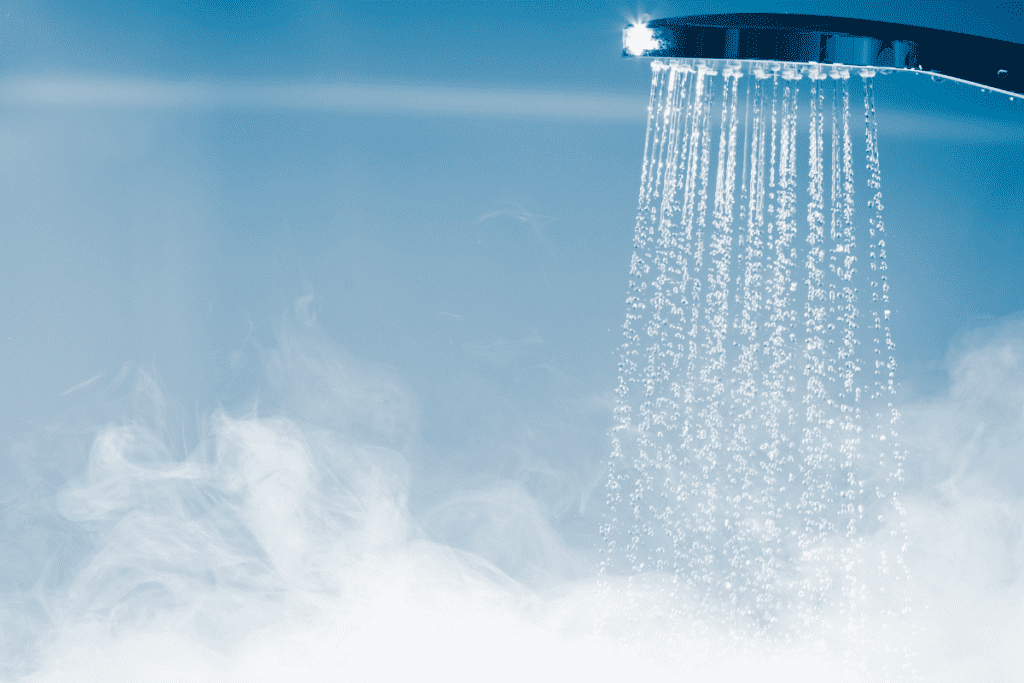
Why Choose Ultimate Comfort for Your Water Heater Needs
Ultimate Comfort is fully licensed in Oregon & Washington, with a team of NATE-certified technicians ready to provide expert advice, installation, and maintenance services. Partnered with leading brands like Rheem Pro Partner and Daikin, we ensure high-quality solutions tailored to your specific needs.
Conclusion
A reliable water heater is essential for the comfort and well-being of Portland, OR residents. Understanding the different types, energy efficiency, and maintenance needs can help you make an informed decision. Whether you’re installing a new system or upgrading an existing one, Ultimate Comfort is here to provide the expertise and services you need for a hassle-free experience.
🌟 Let Ultimate Comfort Warm Your Home 🌟
Ready to upgrade your water heating system or need expert advice on maintenance? Ultimate Comfort is here to ensure your home remains a haven of warmth and comfort. With our comprehensive selection of water heaters and top-notch services, we’re dedicated to meeting your needs and exceeding your expectations. Contact us today, and let’s make your home the cozy retreat you deserve! 🏡💧🔥
